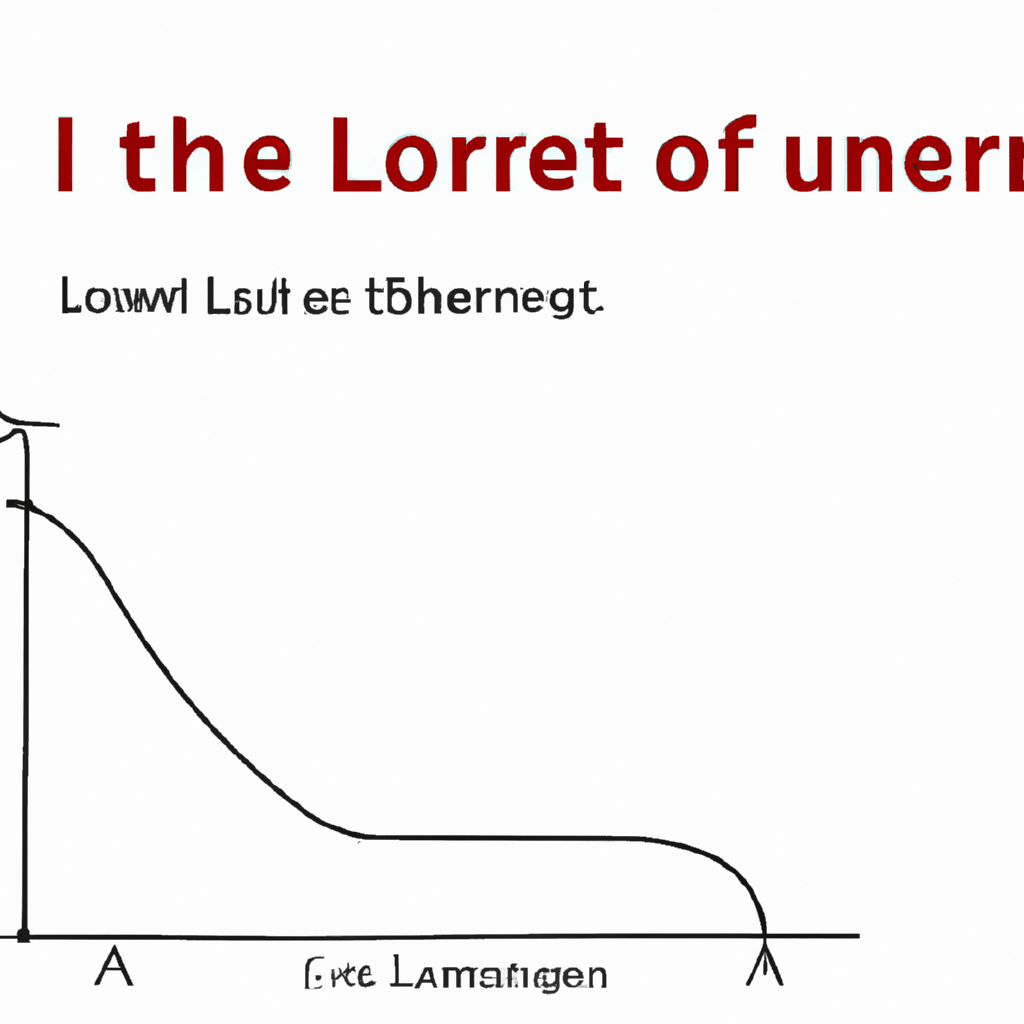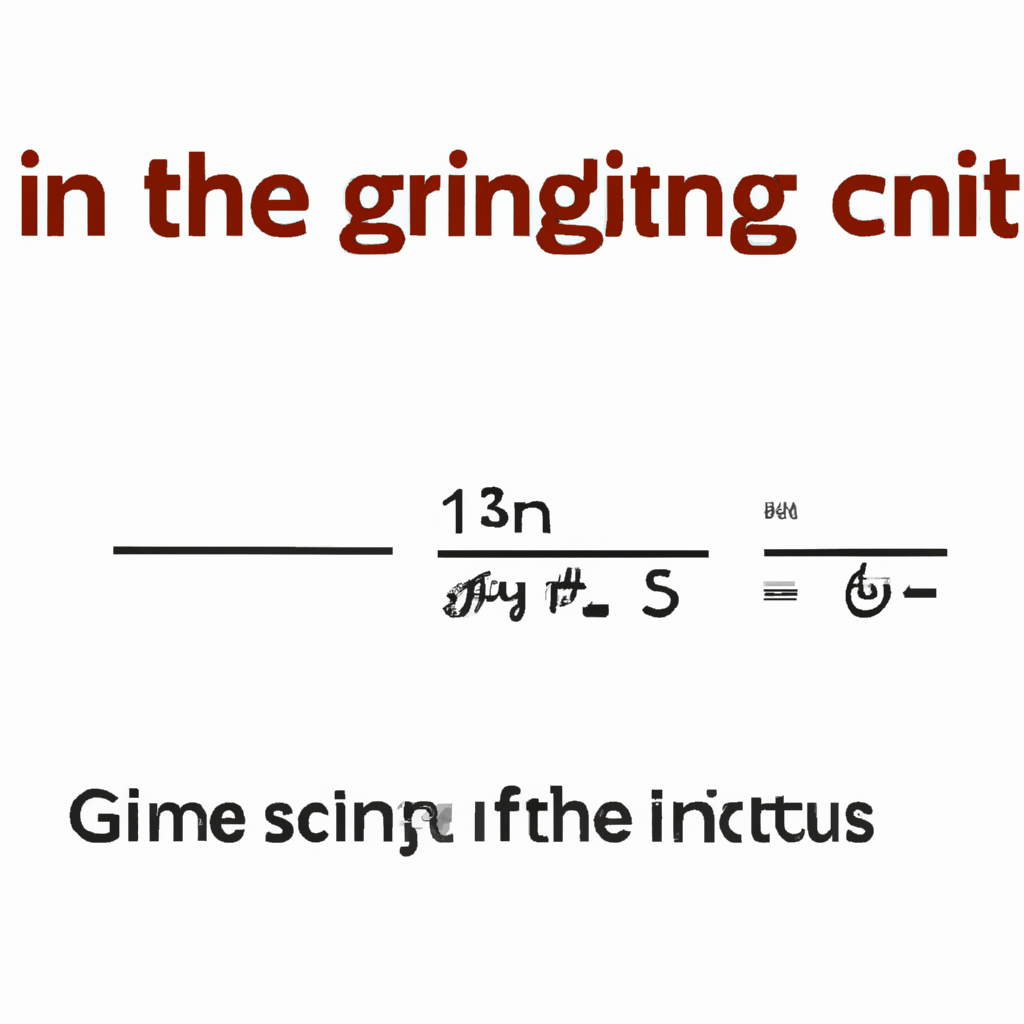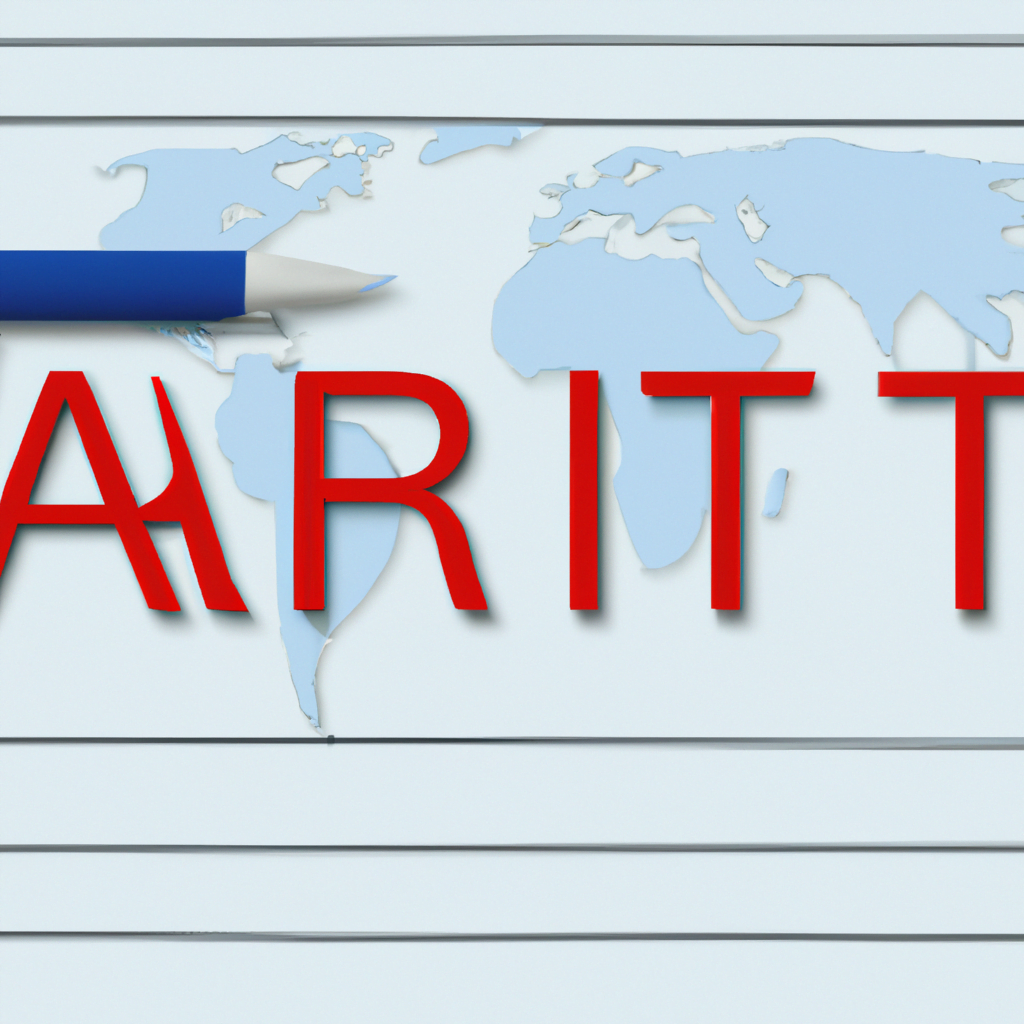Interpretation of Theil index

The Theil index is a widely used statistical measure to assess inequality in various aspects, such as income, wealth, or regional development. Its interpretation provides insights into the degree of inequality within a population or a specific area. A Theil index value of 0 indicates perfect equality, where everyone shares the same level of the measured variable. Conversely, a value of 1 represents maximum inequality, where one individual possesses all the measured variable. The index can also be decomposed into within-group and between-group components, revealing the contributions of various subgroups to the overall inequality. Understanding the interpretation of the Theil index helps to evaluate and address inequality concerns across different domains.
Read more
Interpretation of Lorenz curve

The Lorenz curve is a graphical representation that helps analyze income distribution within a given population. By plotting the cumulative percentage of income received by individuals against the cumulative percentage of the population, the curve provides insights into economic inequality. The closer the Lorenz curve is to the diagonal line of perfect equality, the fairer the income distribution. However, if the curve deviates significantly from the diagonal, it indicates inequality, with a larger area between the curve and the line representing a higher level of disparity. Understanding and interpreting the Lorenz curve is crucial in studying social and economic policies aimed at reducing income inequality.
Read more
Interpretation of Gini coefficient

The Gini coefficient is a statistical measure used to assess income distribution within a population. It ranges from 0 to 1, where 0 represents perfect equality and 1 represents extreme inequality. Interpreting the Gini coefficient involves understanding the magnitude of the value. A coefficient below 0.3 suggests a relatively equal income distribution, while values between 0.3 and 0.5 indicate a moderate level of inequality. Coefficients above 0.5 indicate substantial inequality within the population. It is important to note that the Gini coefficient does not provide information about the specific causes of inequality, but serves as a useful tool for comparing income disparities across different populations and regions.
Read more
Importance of education and human capital

Education plays a crucial role in the development of human capital. It provides individuals the knowledge, skills, and abilities required to succeed in the modern world. With education, individuals can enhance their critical thinking and problem-solving abilities, enabling them to adapt and thrive in a rapidly changing global economy. Education also fosters creativity and innovation, allowing individuals to contribute positively to society. Moreover, education equips individuals with the necessary tools to make informed decisions, leading to improved health, reduced poverty rates, and increased social mobility. In essence, education is a powerful tool that empowers individuals, enhances their human capital, and drives socio-economic progress.
Read more
Impact of government regulations

Government regulations have a profound influence on various aspects of society. These regulations can shape the economy, protect the environment, ensure public safety, and promote social welfare. By imposing rules and standards on businesses and industries, governments strive to maintain order, fairness, and stability. However, the impact of government regulations is a subject of ongoing debate. Critics argue that excessive regulations can stifle innovation, hinder economic growth, and create unnecessary bureaucratic burdens. On the other hand, proponents maintain that regulations play a crucial role in curbing unethical practices, safeguarding public health, and promoting equal opportunities. In either case, the impact of government regulations cannot be ignored as it affects individuals, businesses, and communities on various levels.
Read more
Global trade and economic growth

Global trade plays a pivotal role in achieving economic growth worldwide. By facilitating the exchange of goods and services across borders, it drives productivity, innovation, and competition, leading to increased economic activity. Through international trade, countries can expand their markets, access resources, and specialize in industries where they have a comparative advantage. This encourages efficiency and fosters economic development. Furthermore, global trade enables the transfer of knowledge, technology, and expertise, which promotes job creation and income growth. Overall, the interconnectedness of economies through international trade has a profound impact on achieving sustainable economic growth on a global scale.
Read more
Factors influencing economic growth

Factors influencing economic growth can be diverse and multifaceted. One crucial factor is investment in physical capital, including infrastructure and technology, which enhances productivity and efficiency. Additionally, human capital, such as skilled labor and education, plays a fundamental role in driving economic growth. Another significant factor is the presence of a stable political and economic environment, which fosters business confidence and attracts both domestic and foreign investment. Furthermore, access to financial resources, proper governance, and favorable trade policies can also contribute to economic growth. Finally, technological advancements, innovation, and research and development activities encourage productivity gains and sustainable economic expansion.
Read more
Factors affecting income inequality

Factors affecting income inequality are numerous and complex. One of the major factors is education. Higher levels of education tend to lead to higher incomes, creating a greater disparity between those who are highly educated and those who are not. Another critical factor is technological advancements, which can either widen or narrow the income gap depending on its accessibility and impact. Government policies and regulations also play a significant role in income inequality, as the level of taxation and social welfare programs can either alleviate or exacerbate disparities. Additionally, factors like gender, race, and socio-economic background further contribute to income inequality by creating additional barriers and disadvantages for certain groups.
Read more
Factors affecting Gini coefficient

The Gini coefficient is a commonly used measure of income inequality within a population. Several factors can influence this coefficient. First, the distribution of income and wealth plays a crucial role – the more unequal the distribution, the higher the Gini coefficient. Additionally, the level of economic development can impact income inequality, as countries with higher per capita income tend to have lower inequality. Other factors include government policies, such as taxation and social welfare programs, which can either reduce or exacerbate inequality. Furthermore, demographic factors like education, gender, and ethnicity can also affect income distribution and subsequently impact the Gini coefficient. These various factors interact in complex ways, shaping the overall level of income inequality within a society.
Read more
Education and income inequality

Education and income inequality are closely intertwined aspects of our society. The level and quality of education that individuals receive often determines their earning potential and socioeconomic status. Unfortunately, access to education is not equal, and this contributes to the perpetuation of income inequality. Higher quality education, such as that offered by prestigious institutions or in wealthier neighborhoods, often comes with a hefty price tag, making it inaccessible to low-income individuals. This creates a cycle of disadvantage, as those who cannot afford a quality education are more likely to struggle financially. Bridging the gap in educational opportunities is crucial to reducing income inequality and creating a more equitable society.
Read more












